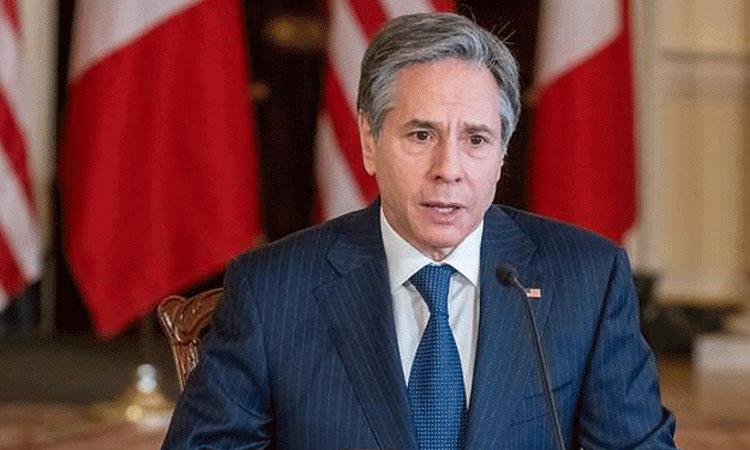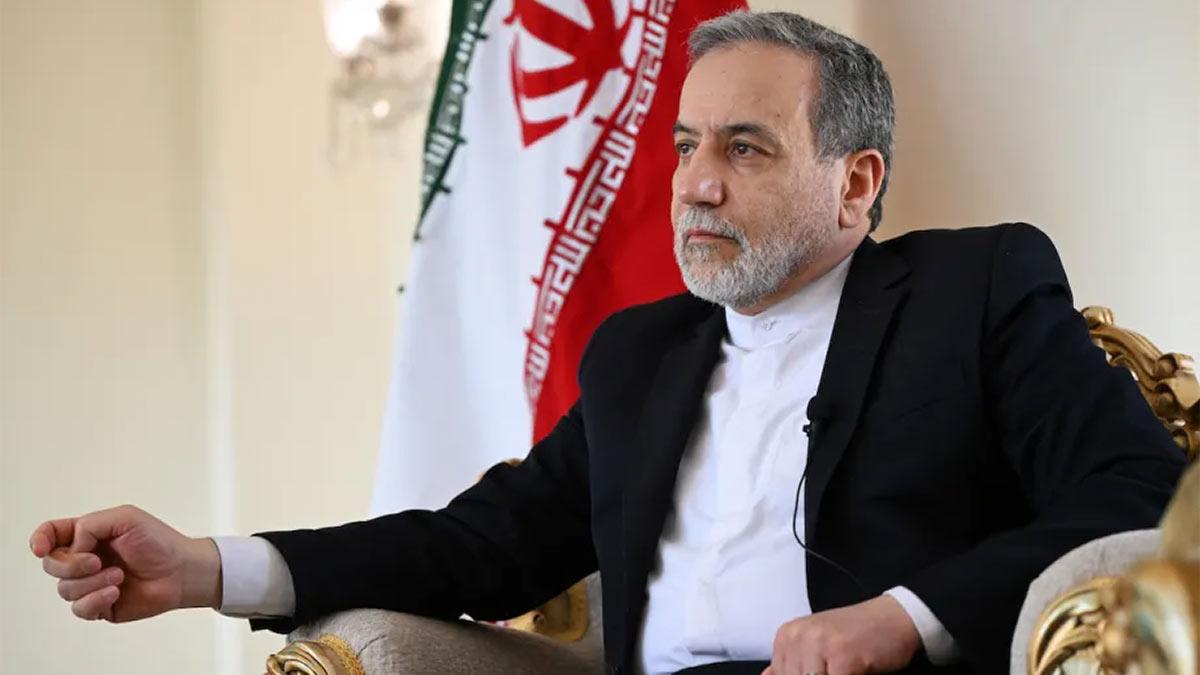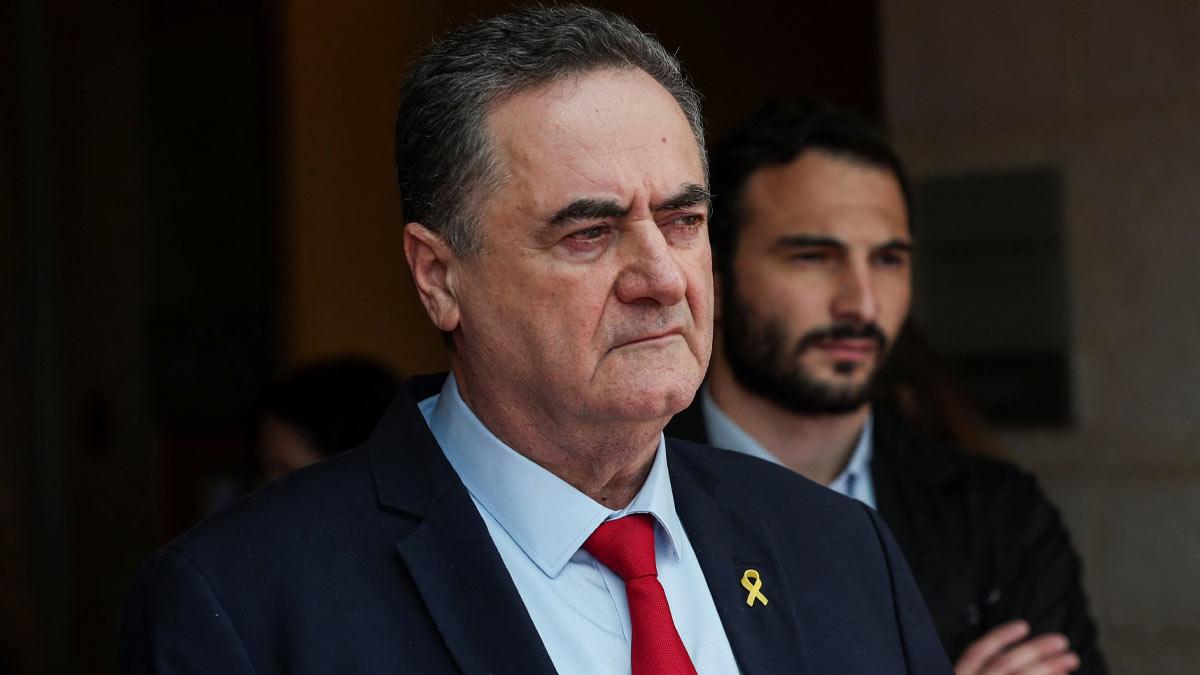US Secretary of State Antony Blinken said on Wednesday that it is "clear that Israel cannot occupy Gaza", and "there may be a need for some transition period at the end of the conflict" between Israel and Hamas.
The United States has been involved in diplomatic efforts to address the Israeli-Palestinian conflict, but the matter of Gaza's status and future remains a subject of negotiations and international discussions.
"It is imperative that Palestinian people be central to the governance in Gaza, and in the West Bank as well, and that again, we don't see a re-occupation," Blinken said at a news conference following the G7 foreign ministers' meeting in Tokyo.
He emphasized the importance of not reducing or occupying the territory of Gaza as part of the terms for achieving a durable peace and security in the region.
This clarification underscores the significance of a peaceful and negotiated resolution to the Israeli-Palestinian conflict, where Gaza's status and the well-being of its inhabitants are central considerations.
"The only question is, is there some transition period that might be necessary? And what might be the mechanisms that you could put in place for that to make sure that there is security. But we're very clear on no reoccupation, just as we're very clear on no displacement of the Palestinian population," Blinken was quoted by the CNN as saying.
"As we've said before, we need to see and get to, in effect, unity of governance when it comes to Gaza and the West Bank, and ultimately to a Palestinian state," Blinken said.
Meanwhile, Israel has announced that its forces are now operating at the "heart of Gaza City," with the aim of targeting Hamas infrastructure and commanders. Prime Minister Benjamin Netanyahu has expressed Israel's commitment to intensifying pressure on Hamas continuously.
The exact location of Israel's operation inside Gaza City, which is situated to the north of the Gaza Strip, remains unclear.
In a move to assist civilians, Israel has also opened an additional temporary evacuation corridor, allowing people in Gaza to travel south, which is the destination for those who have been displaced.
Amid mounting civilian casualties, G7 ministers have voiced support for humanitarian pauses in the conflict, although they have not explicitly called for a ceasefire. Israel has indicated that it won't consider humanitarian pauses unless hostages are released.
Regarding the potential reoccupation of Gaza, the White House has maintained its stance that Israeli forces should not reoccupy the territory. Prime Minister Netanyahu has stated that Israel will have an "overall security responsibility" for Gaza for an "indefinite period," although Israeli officials have clarified that this does not constitute an "ongoing occupation" in their post-war plan.
(With Agency Inputs)
ALSO READ | White House Official Biden Opposes Reoccupation of Gaza by Israeli Forces
ALSO READ | The IDF's Mission: Dismantling Hamas Strongholds


















